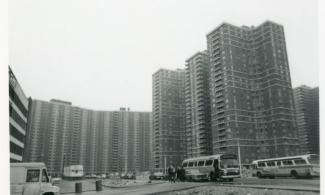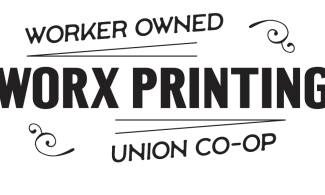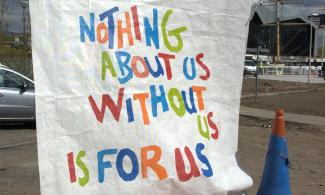Tenaya has over two decades of experience in adult education, including work in unions and workers centers as a labor organizer and educator, at City College of San Francisco as an ESL teacher, and teaching social justice classes with incarcerated women. Through this work she has developed a passion for creating educational programs that build on the knowledge that participants bring, and that support working people’s collective agency to have more say in their working conditions and lives. Bay Area organizations she has worked with include the San Francisco Day Labor Project, Young Workers United, HERE Local 2, UAW 2865, and the Choices drug recovery program in the San Mateo County Jail. Tenaya has an MA in Education from UC Berkeley and a doctorate in Education from the University of San Francisco, focusing on the role of popular education in community and labor organizing. Her current projects at LOHP include new partnerships with unions, disaster preparedness training for Spanish-speaking workers, curriculum development for “high road” employers, and health and safety training for school staff.




